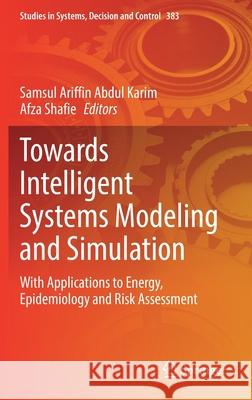Towards Intelligent Systems Modeling and Simulation: With Applications to Energy, Epidemiology and Risk Assessment » książka
topmenu
Towards Intelligent Systems Modeling and Simulation: With Applications to Energy, Epidemiology and Risk Assessment
ISBN-13: 9783030796051 / Angielski / Twarda / 2021 / 467 str.
Towards Intelligent Systems Modeling and Simulation: With Applications to Energy, Epidemiology and Risk Assessment
ISBN-13: 9783030796051 / Angielski / Twarda / 2021 / 467 str.
cena 726,29
(netto: 691,70 VAT: 5%)
Najniższa cena z 30 dni: 693,97
(netto: 691,70 VAT: 5%)
Najniższa cena z 30 dni: 693,97
Termin realizacji zamówienia:
ok. 16-18 dni roboczych.
ok. 16-18 dni roboczych.
Darmowa dostawa!
Kategorie:
Kategorie BISAC:
Wydawca:
Springer
Seria wydawnicza:
Język:
Angielski
ISBN-13:
9783030796051
Rok wydania:
2021
Wydanie:
2022
Numer serii:
000477984
Ilość stron:
467
Waga:
0.80 kg
Wymiary:
23.39 x 15.6 x 2.54
Oprawa:
Twarda
Wolumenów:
01
Dodatkowe informacje:
Wydanie ilustrowane











